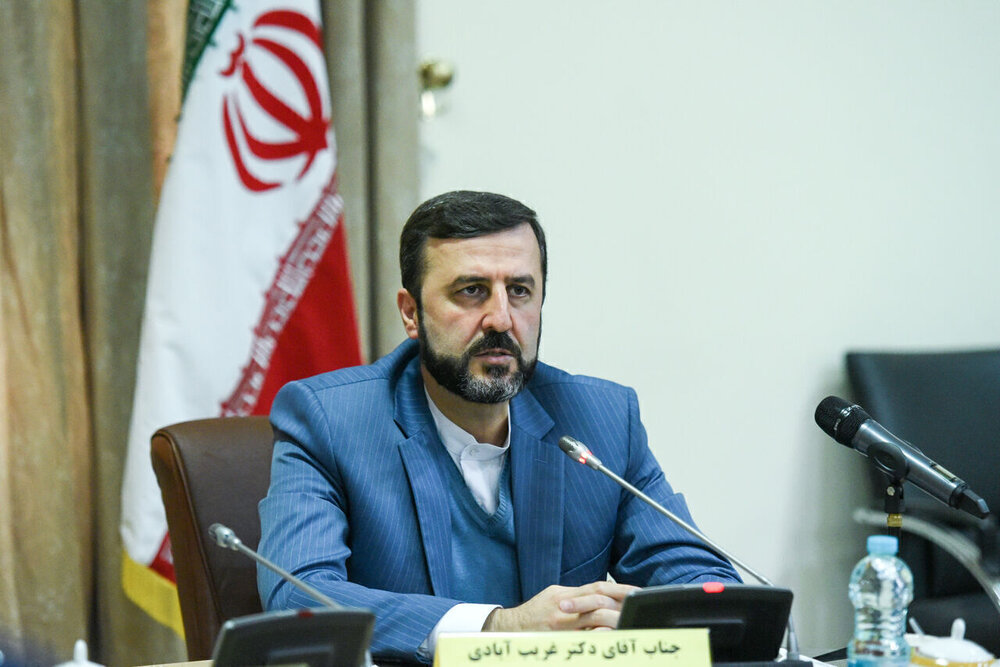Iran censures the West’s contradictory approach toward human rights

TEHRAN- When it comes to uprisings and disturbances in the Islamic Republic, the Iranian High Council for Human Rights has harshly criticized double standards and contradictory methods by human rights organizations and the West.
In a report addressed to the United Nations and other international organizations concerned with human rights, the council denounced the use of paradoxical methods and double standards while commenting on unrest in Iran.
Human rights organizations take entirely different positions when it comes to other nations, said Kazem Gharibabadi, vice-chairman of the Judiciary for international affairs and secretary general of the Islamic Republic of Iran's High Council for Human Rights.
The human rights chief asserted that although numerous European nations have been involved in internal protests and employed severe tactics to repress peaceful demonstrations in their own countries, they have been backing rioters in Iran.
While the Western powers' response to peaceful protestors was ignored, the international human rights organizations went all out to support Iranian rioters, he pointed out.
He urged people to pay attention to the distinctions between peaceful and violent rallies, warning that other nations may face a similar scenario as Iran's, and that it would be wiser to avoid supporting riots in a country on political grounds.
Gharibabadi also cited recent repression of protestors in Canada, the U.S., Germany, France, and the UK as examples.
The violent protests in Iran, which started around mid-September, led to the death of at least 60 security forces, including police forces and Basij members.
The terrorists linked to Daesh (ISIS) took the protests as an opportunity to kill 13 worshippers, including women and children, in a shrine in Shiraz on October 26.
The protests erupted after the death of Mahsa Amini, a 22-year-old woman, in Tehran on September 16.
Mahsa Amini had been taken to a police station to receive training on dress code. However, she fainted and declared dead three days later in hospital. Medical examinations showed that she had died because of a chronic disease rather than claims of a blow to her head, the Forensic Medicine said in a press release on October 7.
